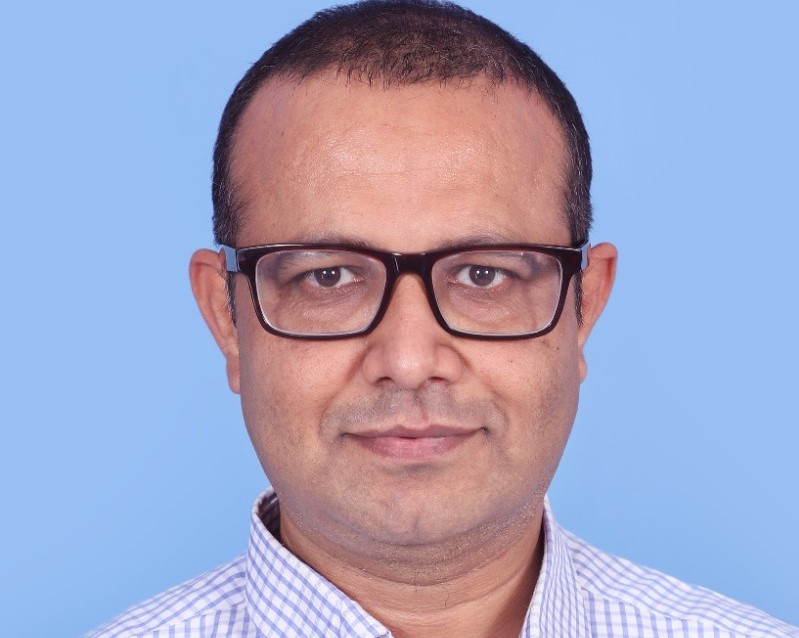In the latest win for Sydney’s Verschuren Centre biotech hub, agtech startup CoteX Technologies has relocated from India to use the facility.
Founded in 2018 by chemical engineer Santosh Yadav, CoteX uses a process called thermoforming to apply delayed-release coatings to fertilizer pellets more cheaply than existing methods.
“Polymer-coated fertilizer exists in the market, but our innovation is we can make it at much lower cost without sacrificing the quality,” Yadav said in an interview. “So, we can break the barrier of poor adoption of these products, which happens because the cost is traditionally so high.”
The company is creating a pilot-scale lab at the Verschuren Centre, which offers laboratory space for biotech and cleantech companies.
The centre has recently made headlines for enticing a roster of heavy-hitting biotech companies to move to Sydney to use its industrial fermentation facilities. Yadav said he chose the centre to be closer to the North American consumer fertilizer market.
CoteX is Yadav’s second fertilizer startup. His first, CelluloseTek, used an earlier generation of technology that has since become the industry standard.
CelluloseTek’s process involved spraying pellets with liquid polymer with the help of a rotating drum. CoteX drapes a sheet of dry polymer over the pellets and uses a chemical reaction to bond it to the fertilizer.
Coating fertilizer is useful because it can otherwise dissolve too quickly, releasing its nutrient payload into the local watershed before plants can absorb it.
Yadav said CoteX’s coating process is much cheaper and more versatile than liquid coating. He estimates that it could reduce manufacturing costs by as much as 80 percent.
“Our process is much faster than the liquid coating,” he said. “And also it’s polymer-independent. We can use almost any polymer. That means we can use the most cost-efficient polymer in very low, low amounts.”
Yadav decided to move CoteX to Nova Scotia in December with the backing of Innovacorp’s Green Shoots program, which offers mentorship and $40,000 grants for agtech and cleantech startups with completed prototypes.
He is in the process of readying a pilot-scale production facility at the Verschuren Centre, travelling between Cape Breton and India, where he employs two part-time engineers. By next month, he hopes to have the production line built and five employees in Nova Scotia.
If the pilot goes well, he hopes to set up a commercial-scale plant within about two years, built in collaboration with a major fertilizer company that Yadav said will act as his commercialization partner.
One possible partner is a Japanese fertilizer maker with whom Yadav is in the process of negotiating a $2 million joint venture, and another is a Canadian firm.
And to help fund the commercialization process, Yadav has raised $500,000 of equity funding from a fertilizer company and just shy of $1 million from Atlantic Canadian investors.
CoteX’s first target market will be the consumer fertilizer and home gardening industry, because it will not require Yadav’s team to scale production as quickly as would be necessary for the commercial market.
“In the consumer market, we don't have to make high volumes,” he said. “It's a low volume, high margin product, and our pilot plant will have enough capacity for serving the consumer market in North America.
“These will be branded or co-branded products, and will be sold through either partnership with one of the retailers or through independent distributors.”










